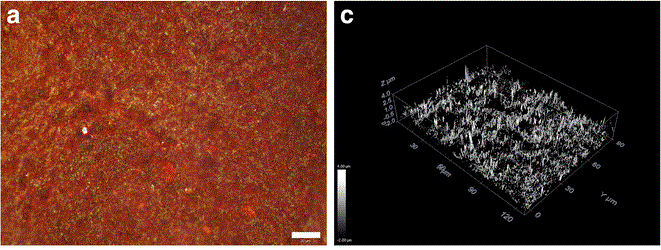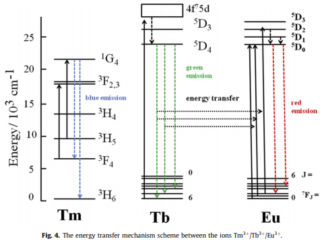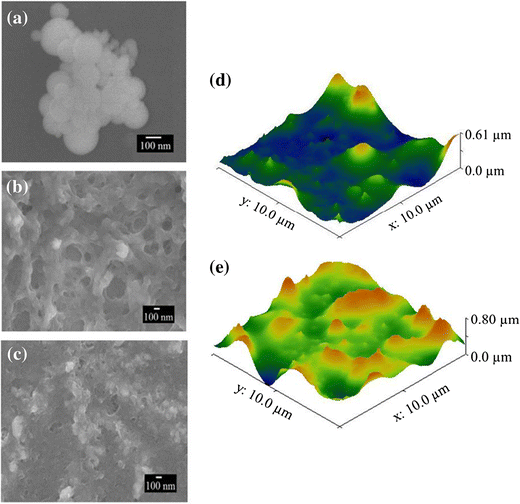
Pristine and Al-doped hematite printed films as photoanodes of p-type dye-sensitized solar cells
Abstract: We hereby propose a non-expensive method for the deposition of pure and Al-doped hematite photoanodes in the configuration of thin films for the application of dye-sensitized solar cells (DSSC). The electrodes have been prepared from hematite nanoparticles that were obtained by thermal degradation of a chemical precursor. The particles have been used in the preparation of a paste, suitable for both screen printing and doctor blade deposition. The paste was then spread on fluorine-doped tin oxide (FTO) to obtain porous hematite electrodes. The electrodes have been sensitized using N3 and D5 dyes and were characterized through current/voltage curves under simulated sun light (1 sun, AM 1.5) with a Pt counter electrode. Al-doping of hematite showed interesting changes in the physical and electrochemical characteristics of sensitized photoanodes since we could notice the growth of AlFe2O4 (hercynite) as a secondary crystal phase into the oxides obtained by firing the mixtures of two chemical precursors at different molar ratios. Pure and Al-doped hematite electrodes have been used in a complete n-type DSSCs. The kinetics of charge transfer through the interface dye/electrolyte was studied and compared to that of a typical p-type DSSC based on NiO photocathodes sensitized with erythrosine B. The results suggest a potential application of both Fe2O3 and Fe2O3/AlFe2O4 as photoanodes of a tandem DSSC.
Author(s): Congiu, Mirko; De Marco, Maria L.; Bonomo, Matteo; et al.
Journal of Nanoparticle Research
Volume: 19 Issue: 1 Published: 2016
DOI: http://dx.doi.org/10.1007/s11051-016-3707-4
PDF: Pristine and Al-doped hematite printed films as photoanodes of p-type dye-sensitized solar cells




